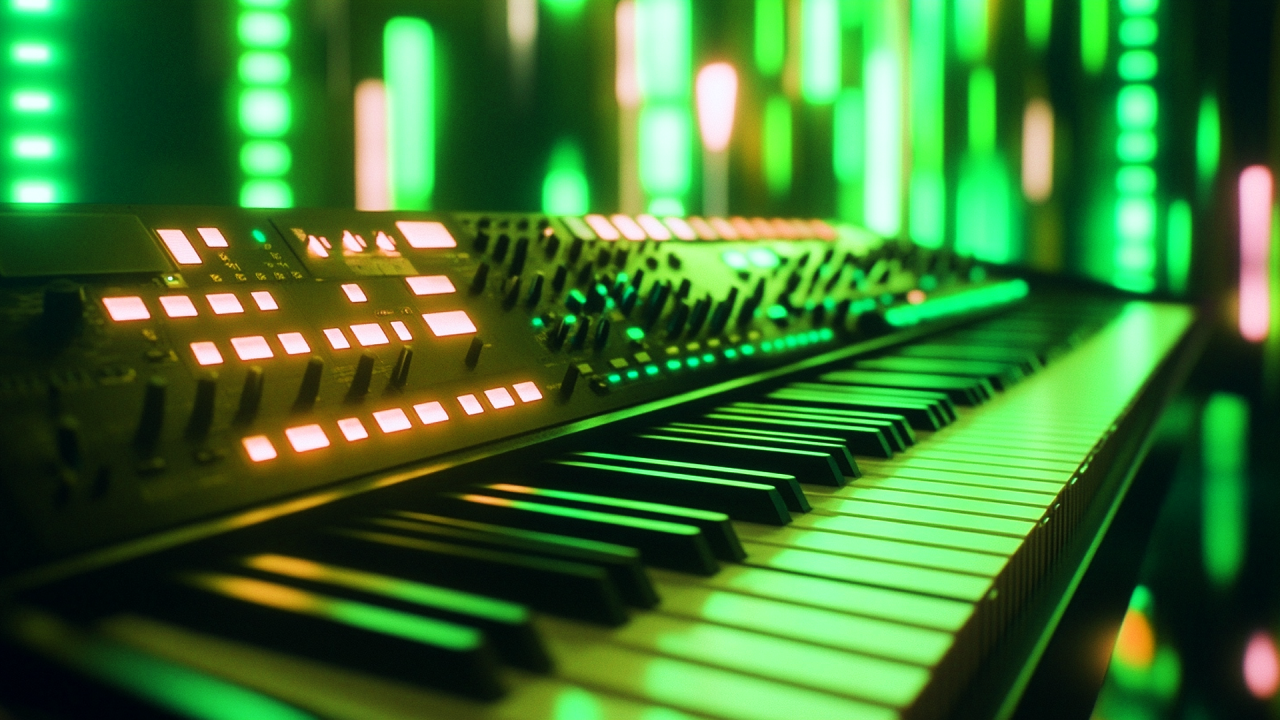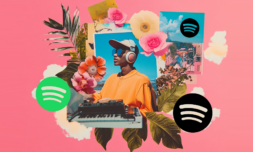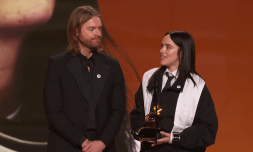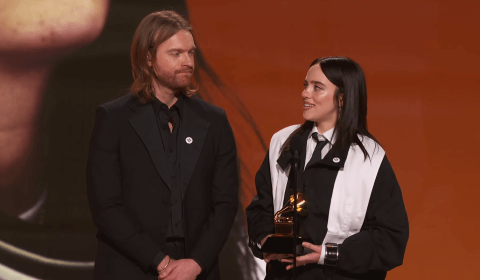A first-of-its-kind economic study predicts that, in just four years, a quarter of music artists could see their earnings sabotaged by the rise of AI generated tracks.
It’s getting harder and harder to trust the authenticity of ‘leaked’ songs from our favourite artists these days, and that’s all thanks to the rapidly improving capabilities of generative Artificial Intelligence (AI).
In just a few minutes, the vocal likeness of top artists can be replicated by AI programs to create full-length, original songs or albums. It’s certainly a novelty for fans looking to get creative as they await new official releases, but most artists aren’t thrilled about this new technology.
It’s hard not to see why. A first-of-its-kind global economic study has found that the use of generative AI will make many tech companies extremely wealthy at the expense of human creator’s income.
The report, published by the French-founded creator’s rights advocacy organisation Confédération Internationale des Sociétés d’Auteurs et Compositeurs (CISAC), found that tech firms in the business of created AI-generated music will earn €4 billion every year.
By 2028, it’s estimated that this will amount to an annual value of €16 billion.





















